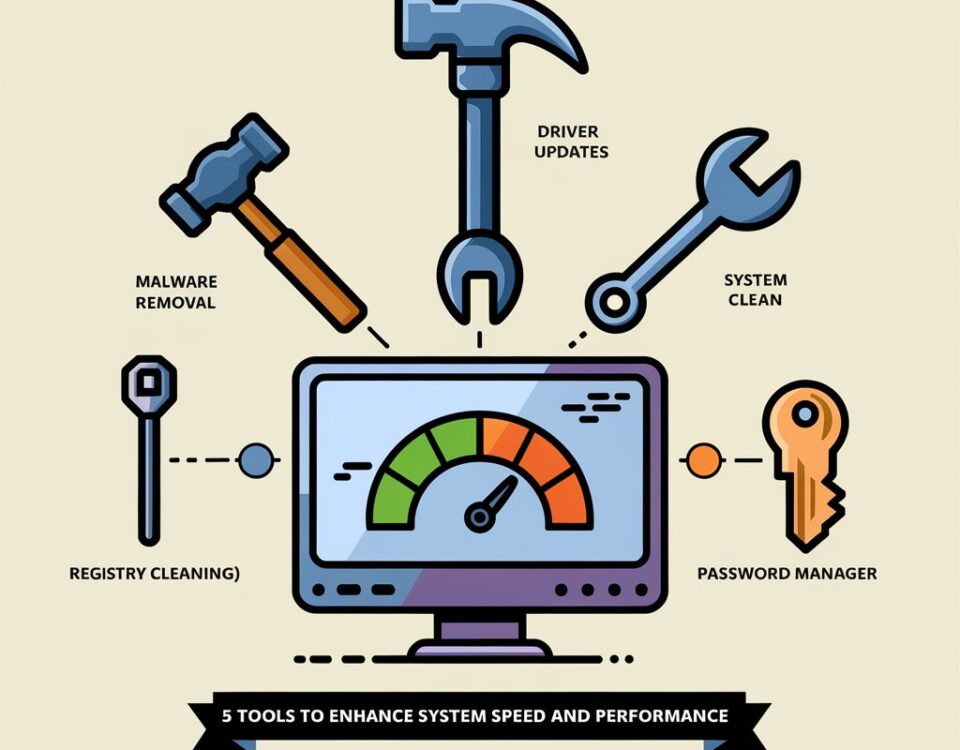
APIs and Microservices: The Backbone of Modern Software Architecture
August 1, 2024
Quantum Computing: The Next Frontier in Technology
August 15, 2024Introduction
Keywords: Docker, containerization, software development, deployment, DevOps
Docker has in a general sense changed the way program is created, transported, and sent which is for the most part utilized presently a days. As a leading containerization platform, it enables developers to package applications and their dependencies into containers, ensuring consistency across various environments. This article explores it’s key features, benefits, use cases, and best practices for utilizing this powerful tool.
What is Docker?
Keywords: containers, virtualization, Docker Engine, portability
Docker is an open-source stage outlined to computerize the arrangement of applications interior lightweight, convenient holders. Unlike traditional virtualization, which involves running multiple operating systems on a single physical machine, it containers share the host OS kernel but run in isolated user spaces. This results in significant performance improvements and reduced overhead.
Key Components of Docker:
- Docker Engine: The core part of it, responsible for building and running the containers.
- Docker Images: Read-only templates used to create containers, containing all necessary application code, libraries, and dependencies.
- Docker Hub: A cloud-based registry service for sharing the images, enabling easy distribution and version control.
Benefits of Using Docker
Keywords: efficiency, scalability, consistency, isolation
It offers numerous advantages that make it a preferred choice for modern software development and deployment.
Efficiency:
- Resource Utilization: Containers are lightweight, using fewer resources compared to traditional virtual machines (VMs).
- Fast Startup: Containers can be launched in seconds, significantly speeding up development and testing cycles.
Scalability:
- Horizontal Scaling: This can makes it easy to scale applications horizontally by adding or removing containers based on demand.
- Load Balancing: Containers can be distributed across multiple hosts, enhancing load balancing and reliability.
Consistency:
- Environment Parity: It ensures that applications run the same way in development, staging, and production environments, eliminating the “it works on my machine” problem.
Isolation:
- Security: Containers provide process and file system isolation, enhancing security by limiting the potential impact of vulnerabilities.
Common Use Cases for Docker
Keywords: DevOps, microservices, CI/CD, cloud migration
Docker’s versatility makes it suitable for various scenarios in modern software development and IT operations.
DevOps Integration:
- Docker streamlines the development-to-deployment pipeline, enabling seamless integration with CI/CD tools like Jenkins, GitLab CI, and Travis CI.
Microservices Architecture:
- Docker is ideal for microservices, allowing developers to containerize individual services and deploy them independently, enhancing modularity and maintainability.
Cloud Migration:
- Docker facilitates cloud adoption by providing a consistent runtime environment across different cloud providers, simplifying the process of moving applications to the cloud.
Best Practices for Using Docker
Keywords: best practices, security, optimization, orchestration
To fully leverage It’s capabilities, developers and IT professionals should adhere to best practices that ensure secure, efficient, and scalable deployments.
Security:
- Least Privilege: Run containers with the least privilege necessary to reduce potential attack surfaces.
- Regular Updates: Keep in it, images, and containers up-to-date to mitigate security vulnerabilities.
Optimization:
- Small Images: Use minimal base images and remove unnecessary dependencies to reduce image size and improve performance.
- Caching: Leverage it’s caching mechanisms to speed up the build process and reduce resource consumption.
Orchestration:
- Docker Compose: Use it to Compose for defining and running multi-container its applications, simplifying management and orchestration.
- Kubernetes: For large-scale deployments, integrate it with Kubernetes to automate container orchestration, scaling, and management.
Conclusion
Docker has revolutionized software development and deployment, offering a robust and efficient way to manage applications across diverse environments. By embracing it’s containerization technology, developers and organizations can achieve greater consistency, scalability, and security in their workflows. As it continues to evolve, it remains an indispensable tool in the modern DevOps toolkit, driving innovation and efficiency in software development practices.




